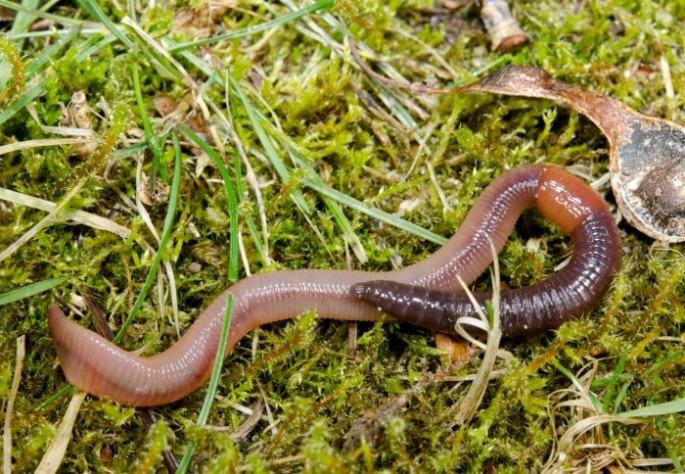Earthworms live their days munching leaves and absorbing nutrients from leaves that are otherwise poisonous to other plant eaters where this process has always been a mystery to many.
However, researchers announced on Tuesday, August 4, that earthworms apparently produce some very special compounds inside their stomachs that can prevent these plant toxins from harming the worms which were specifically produced to repel herbivores.
According to the team of scientists from Imperial College London, earthworms apparently possess a kind of unique surface active metabolites in their guts that were detected by the team for the first time and now call them "drilodefensins".
The team discovered this special gut secret of worms through molecular microscopic analysis of their stomach fluid.
Plants produce chemicals that are called polyphenols that function as antioxidants and also provide plants their color and also serve as a defense mechanism from predator herbivores by preventing digestion.
Earthworms' favorite food are plants where they devour fallen leaves and other decaying plant material in which they recycle these and return the carbon from waste back to the soil. However, it has been an enigma as how these simple creatures are able to withstand polyphenols.
According to the team led by Jake Bundy and Manuel Liebeke from the Imperial College London, the drilodefensins were detected in 14 species of worms specifically inside their stomachs but not in other animal relatives such as leeches and sewage worms.
Scientists reveal that without the crucial role of drilodefensins in worms, all fallen leaves and decaying plant material will remain on the ground surface for a very long period of time that can lead to a thick layer buildup.
They add that the countryside landscape will become unrecognizable and the entire system of carbon cycling will be disturbed. This new study about how earthworms feed on dead leaves that contain toxins is published in the journal, Nature Communications.



























